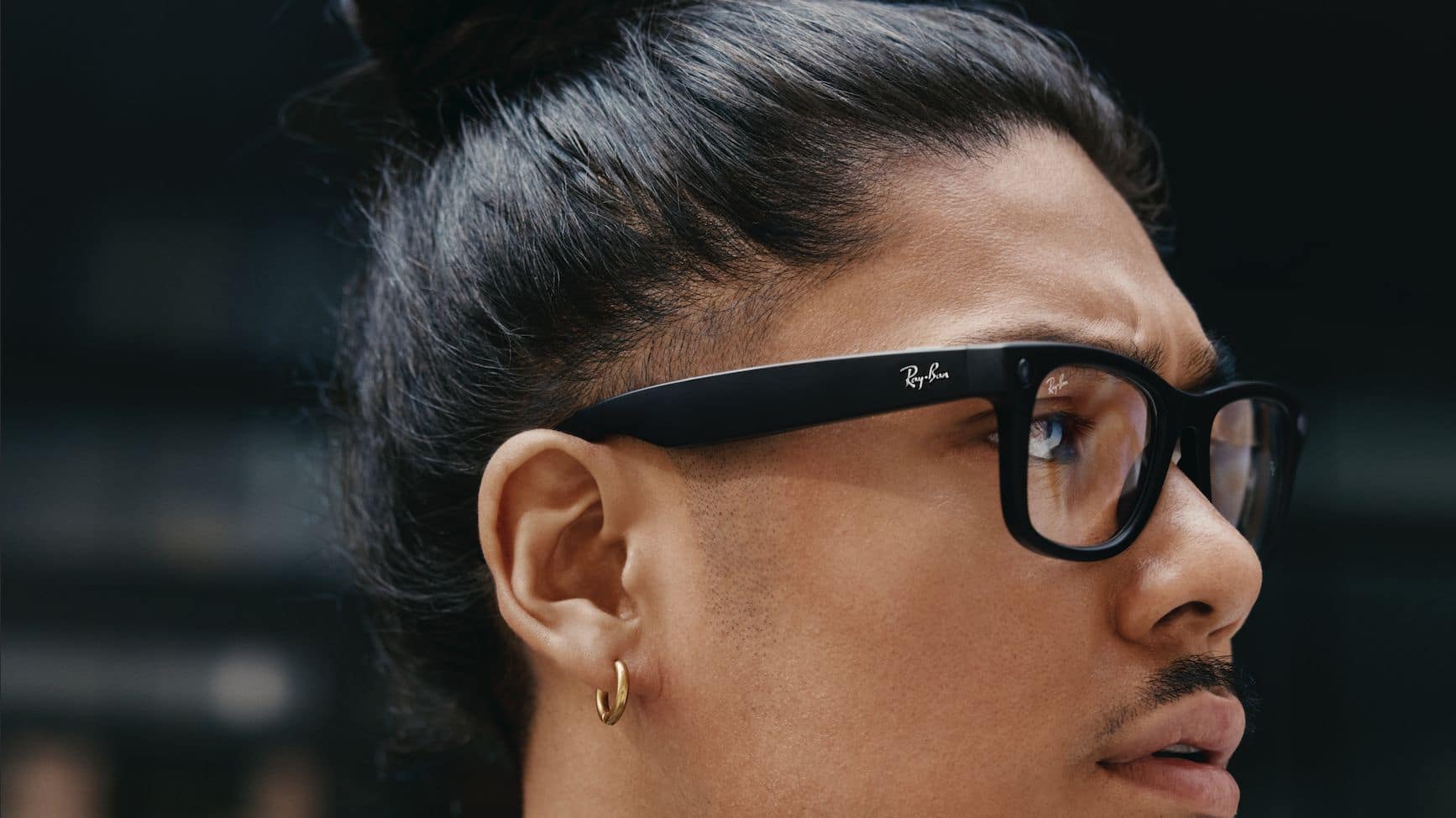
Meta's Ray-Ban glasses get real-time AI video processing, language translation
What's the story
Meta has announced a series of updates for its Ray-Ban Meta smart glasses at the Connect 2024 event. The tech giant is set to introduce features such as real-time AI video processing, and live language translation. Other enhancements include QR code scanning, reminders, and integrations with popular platforms like iHeart Radio and Audible. These updates aim to provide users with familiar smartphone functionalities on their smart eyewear.
AI upgrade
Real-time AI video processing: A game changer
The upcoming real-time AI video capabilities will allow users to interact with the Ray-Ban Meta glasses about their immediate surroundings. Unlike the current version that can only capture and describe images, this update will enable a more natural user experience. Users will be able to inquire about various scenarios such as cooking a meal or observing city scenes, with Meta's AI processing the live action and responding audibly.
New features
Live language translation and reminders
Meta is also introducing live language translation to the Ray-Ban Meta glasses. This feature will enable English-speaking users to communicate with individuals speaking French, Italian, or Spanish, with translations provided directly through their smart glasses. Additionally, a new reminder feature is being added that allows users to request Meta AI to remember specific items they view through their smart eyewear.
Enhanced accessibility
Integration with popular platforms and QR code scanning
The Ray-Ban Meta glasses are set to integrate with Amazon Music, Audible, and iHeart. This will allow users to enjoy music from their preferred streaming service using the glasses' built-in speakers. Additionally, the smart eyewear will be equipped with a feature to scan QR codes or phone numbers, directly from the glasses. Upon user request, the scanned QR code will instantly appear on their smartphone without any further action needed.
Product expansion
New lens options
Meta is also expanding its product range with new Transitions lenses for the smart glasses. These lenses adjust to ultraviolet light, modifying their tint based on the brightness of the user's environment.